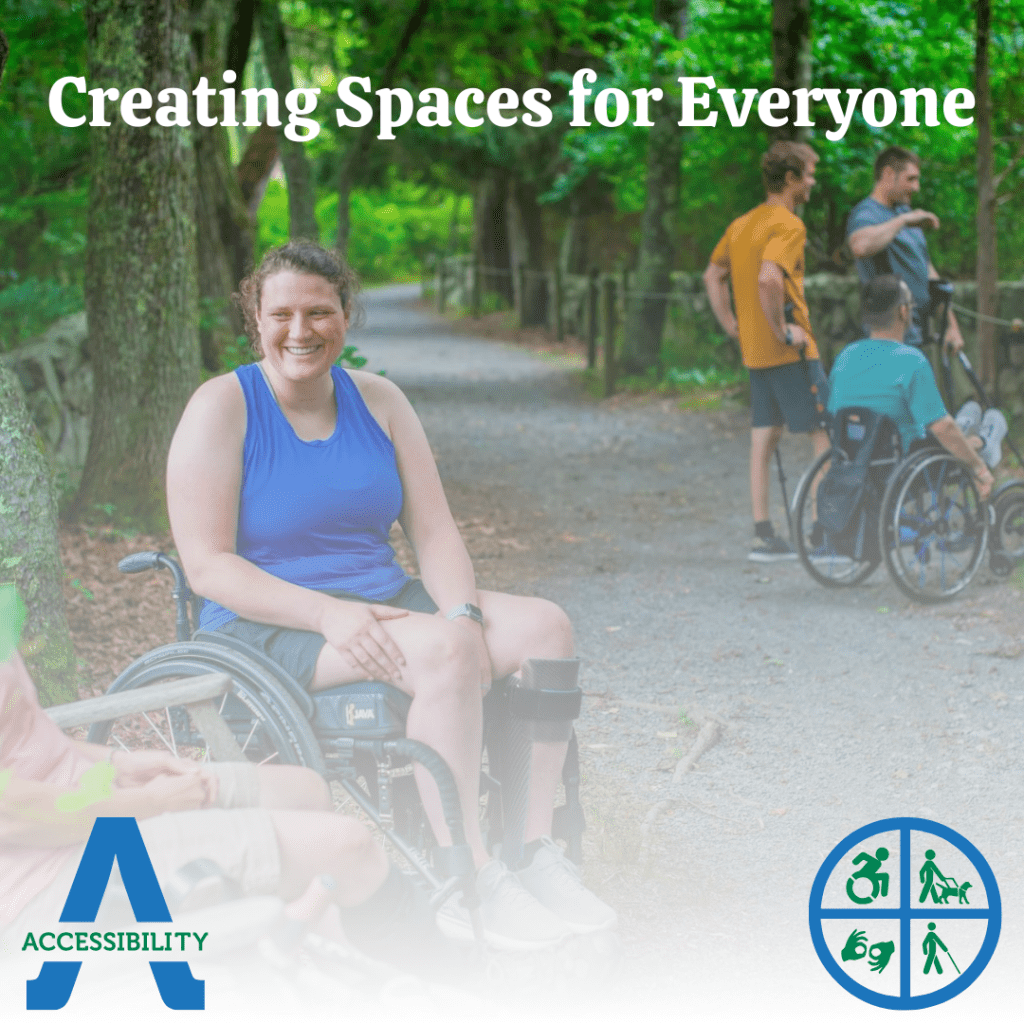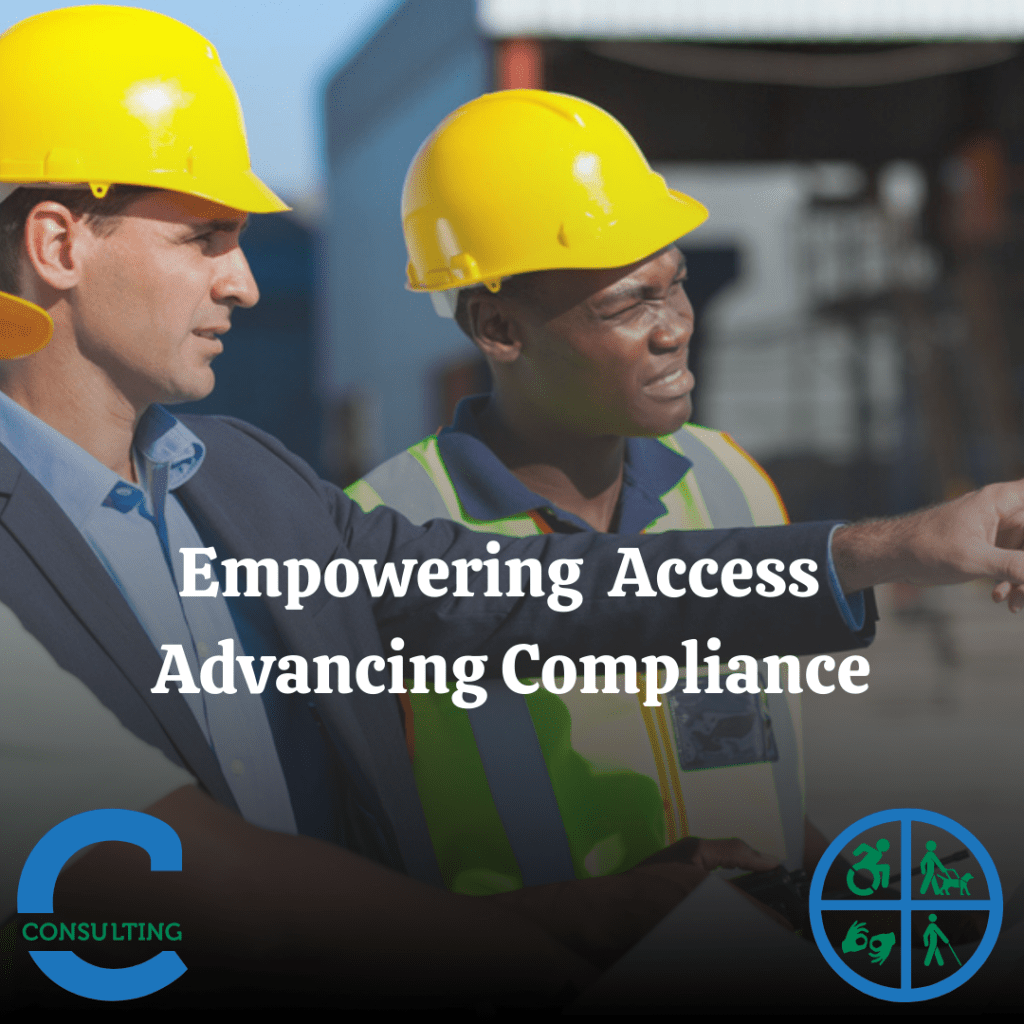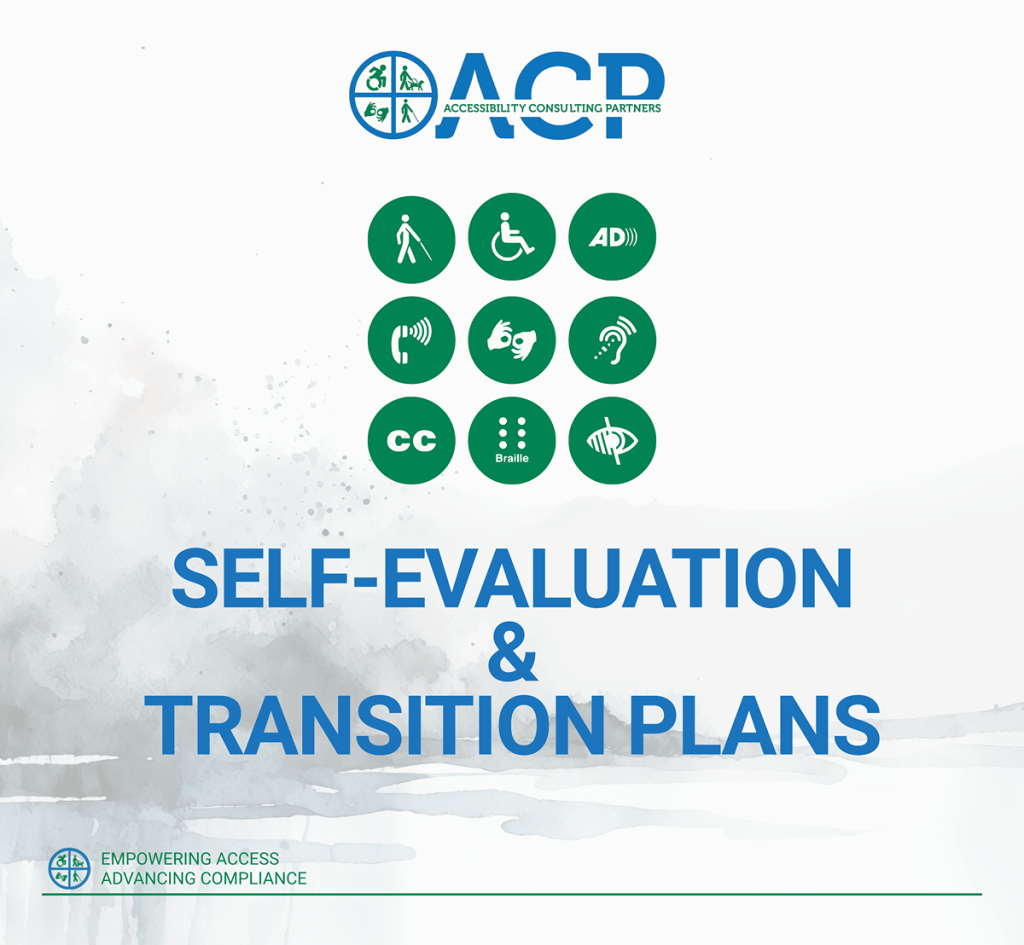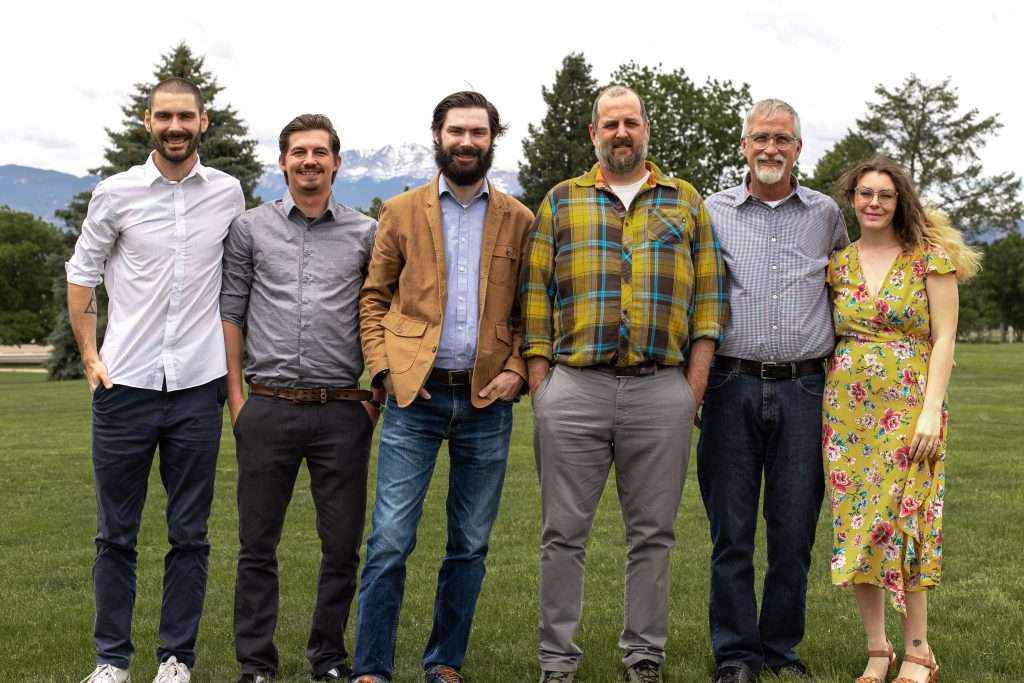Clients
- Home
- Clients

Blog
- Home
- Blog
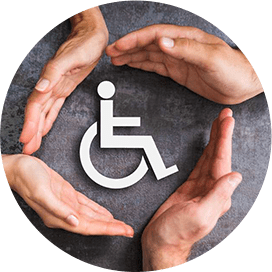
There’s more to explore—click any image to dive into the full post and uncover valuable insights and fresh perspectives on accessibility!
Emergency plans must consider everyone. In times of crisis, people with disabilities often face barriers that standard plans overlook. Inclusive emergency management isn’t just about meeting ADA requirements—it’s about building systems of safety, dignity, and equity where no one is left behind. From accessible routes and clear communication to trained support roles, true preparedness means planning with every individual in mind.
Public meetings should bring people together—not leave them out. This guide from Accessibility Consulting Partners (ACP) walks you through planning accessible, ADA-compliant events that include everyone, from choosing the right venue to offering multiple ways to participate. Learn how small changes can create big impact, foster trust, and ensure your next meeting is inclusive—not exclusive.
Equity in transportation starts with what gets built. From sidewalks and bus stops to crosswalks and curb ramps, infrastructure shapes who can move freely and with dignity. This blog explores how multimodal networks, inclusive design, and community input can turn transportation equity from a goal into a reality.
Every year on July 22, World Brain Day draws global attention to the importance of brain health and the daily challenges faced by individuals living with neurological conditions. This year’s focus reminds us that accessibility isn’t just about ramps and elevators—it’s also about designing environments that support cognitive clarity, sensory regulation, and invisible disabilities.
From epilepsy and multiple sclerosis to traumatic brain injuries and neurodevelopmental disorders, over one billion people globally live with neurological conditions. In the U.S. alone, millions experience barriers in everyday environments that were never designed with neurodiversity in mind.
Every July 4th, Americans gather to celebrate freedom, self-determination, and the legacy of a nation founded on the principle that all people are created equal. Yet for over 42 million Americans with disabilities, full independence is often hindered not by laws, but by the built environment around them.
Sidewalks without curb ramps, buildings without elevators, restrooms too narrow for mobility devices—these are the barriers that still restrict freedom for many. This Independence Day, we reflect on what liberty truly means and why ensuring access to public spaces is a vital part of honoring the American ideal.
Historic landmarks serve as tangible connections to our past, offering insights into the events and individuals that have shaped our society. However, for many, these sites are not easily accessible, creating barriers to experiencing and understanding our collective history.
In our latest blog post, we delve into the importance of making memorials and historic sites accessible to all. We explore the challenges of preserving historical authenticity while implementing inclusive design solutions. Join us as we examine strategies to ensure that everyone can engage with and appreciate these vital cultural resources regardless of ability.
At Accessibility Consulting Partners, Inc., we believe that every story of advocacy, family, and lived experience deepens our understanding of what accessibility truly means.
This Father’s Day, we’re honoring that belief by sharing the journey of John Cronin and his father, Mark—a father-son team who didn’t just launch a business but redefined what inclusive entrepreneurship could look like in America. John, who has Down syndrome, co-founded John’s Crazy Socks to create colorful, fun socks with a mission to spread happiness. But beneath that bright exterior is a story of deep commitment: to family, to workplace equity, and to proving that people of all abilities can thrive when given the chance.
Mark didn’t just support his son—he stood beside him, advocating for systems-level change, from hiring practices to public policy. Together, they built a company where over half the employees have differing abilities and where purpose always leads the way.
Their story is more than a feel-good headline. It’s a powerful case study of the business value—and human impact—of accessible, inclusive leadership. And it reminds us why we do what we do.
Sidewalks are more than just infrastructure—they’re pathways to independence, safety, and connection. Whether catching the bus, walking to school, or guiding your child in a stroller, sidewalk accessibility affects everyone. But these vital public routes are too often difficult—or even dangerous—for those who rely on them most.
In this week’s blog, we break down five critical elements PROWAG defines and show how real people are impacted when those standards are unmet. Sidewalks should serve every member of the public, with no exceptions.
Memorial Day is more than a long weekend—it’s a solemn tribute to those who served and sacrificed. As families gather at cemeteries, monuments, and memorials across the country, we must ensure these spaces are welcoming and accessible to all.
In our latest blog post, we explore how inclusive design and thoughtful planning can uphold the dignity of remembrance and ensure that all Americans—especially disabled veterans, older adults, and individuals with mobility challenges—can participate fully in this national day of reflection.
Celebrating One Year in Business: Accessibility Consulting Partners, Inc.
On May 16, 2024, Accessibility Consulting Partners, Inc. (ACP) was established with the mission of creating accessible, inclusive communities. In our first year, we’ve:
• Built 27 new client and project relationships
• Completed 16 projects, with 4 more nearing completion
• Expanded operations from our headquarters in Colorado Springs, Colorado, to new offices in Sacramento, California, and Clayton, North Carolina
• Formed strategic partnerships with:
• An engineering firm specializing in barrier removal and infrastructure accessibility
• A website assessment and development company focused on digital accessibility.
• A data collection tool supplier is enhancing our field assessments.
Our commitment to ADA Compliance, PROWAG Standards, and inclusive design drives every project we undertake. As we look forward to the coming years, we remain dedicated to expanding our reach and deepening our impact.
Historic buildings are often exempt from certain ADA requirements to preserve their historical significance. These exceptions ensure that alterations do not compromise the building’s heritage while still providing accessibility in key areas. For instance, while vertical access is not required to floors above the main level, at least one accessible entrance and restroom must be provided.
When alterations are deemed potentially harmful to the building’s historical value, consultation with the State Historic Preservation Office or the Advisory Council on Historic Preservation is necessary. ACP has extensive experience navigating these complex assessments, ensuring both accessibility and historical integrity. We’d love to help you find solutions for your historic facility.
Aging brings physical, emotional, and social challenges that can impact quality of life, often leading to isolation and reduced autonomy. The Americans with Disabilities Act (ADA) plays a key role in ensuring older adults have access to programs and services that keep them engaged and connected.
Many older individuals are unaware of the ADA’s benefits, making education and advocacy essential. By fostering awareness, intergenerational connections, and inclusive environments, we can support aging individuals and ensure they remain valued, active members of our communities—because aging impacts us all eventually.
Accessible parks and recreation areas are essential for fostering connection, wellness, and inclusion within communities. These spaces provide opportunities for relaxation, exercise, and engagement with nature—key contributors to mental and physical health. However, true inclusivity in parks goes beyond compliance; it’s about creating environments where people of all abilities can thrive. From firm, stable pathways and compliant slopes to sensory elements and alternative communication features, accessible design transforms outdoor spaces into vibrant hubs of connection and belonging. Accessible parks are not just places to visit; they’re powerful symbols of a community’s commitment to inclusion, equity, and shared joy in the beauty of the outdoors.
Accessible parking is essential for equitable access to public spaces. The ADA requires specific dimensions, slopes, and signage for van and standard stalls. For example, van-accessible spaces must be 132 inches wide with a 60-inch aisle or 96 inches wide with a matching aisle, while standard spaces need 96 inches with a 60-inch aisle.
Local codes may be stricter, and compliance with the most stringent rules is mandatory. Each parking facility, even if separated by roads or barriers, must meet ADA standards independently. Accessible parking ensures inclusivity for all visitors.
At ACP, we believe every child should have the chance to experience the joy of play, regardless of ability. Inclusive playgrounds provide essential opportunities for children to grow socially, emotionally, physically, and cognitively. With features like ramps, adaptive swings, and sensory areas, these spaces ensure all kids can play together. They promote inclusion, support development, and help build stronger communities. We’re committed to creating playgrounds where every child has the opportunity to connect, explore, and thrive.
Accessibility Consulting Partners (ACP) is thrilled to announce its expansion to North Carolina, marking a pivotal step in its mission to promote accessibility for all. This new office, led by Bryce Coop, strengthens ACP’s ability to serve East Coast communities and businesses. With the state’s booming growth and innovation, ACP is ready to collaborate on impactful accessibility solutions, ensuring inclusivity in every space. North Carolina’s commitment to social equity aligns perfectly with ACP’s vision, and we look forward to working closely with local leaders to foster lasting positive change.
From the track to the world of accessibility consulting, Bryce Coop’s career has been shaped by his dedication to helping others. A former athlete, Bryce transitioned from sports medicine into accessibility consulting, where his analytical skills quickly set him apart. After gaining invaluable experience at a prominent ADA consulting firm and as a service technician for assistive technology, Bryce developed a keen ability to transform complex data into actionable insights. Today, he brings a fresh, holistic perspective to ACP, using his sharp analytical expertise to ensure that the solutions he provides not only meet regulatory standards but also have a meaningful, positive impact on people’s lives.
Zack Kelley is a passionate ADA consultant whose journey began at 18, driven by personal health challenges like Post-Chronic Concussion migraines. Now a Deputy Project Manager at Accessibility Consulting Partners, Inc. (ACP), he focuses on creating inclusive environments by applying his expertise in Public Right-of-Way Accessibility Guidelines (PROWAG) and ADA standards.
Zack goes beyond compliance, actively identifying barriers to empower individuals with disabilities. His background as a Lead Safety Officer enhances his commitment to safety and user experience. Outside work, he’s pursuing his EMT certification and enjoys playing music as a multi-instrumentalist. An avid Colorado Avalanche fan, Zack embodies how personal struggles fuel professional passion for accessibility.
With a foundation in liberal arts and architecture, Philip Williams brings a unique perspective to accessibility consulting. His journey began with understanding how environments shape human experiences, and his expertise has grown through years of work in ADA compliance. Philip’s experience conducting ADA site assessments, reviewing multifamily housing plans, and developing ADA Self-Evaluations ensures that every project he touches is both legally compliant and accessible to all.
At ACP, Philip combines his technical knowledge and deep empathy to design spaces that break down barriers, ensuring inclusivity from the planning stages to completion. His passion for creating welcoming environments for everyone stems from a belief that accessibility isn’t just about compliance—it’s about ensuring equal opportunities to explore, engage, and experience the world around us.
Glenn Staton began his journey in accessibility consulting after graduating in 2011 and being inspired by a mentor who used a wheelchair. Witnessing his mentor navigate barriers ignited Glenn’s passion for ensuring equal access for all. In 2018, he earned his Certified Access Specialist (CASp) certification, strengthening his commitment to creating inclusive spaces.
Proficient in accessibility standards, Glenn translates complex regulations into practical solutions, ensuring compliance and enhancing user experience. As an expert witness, he advocates for individuals with disabilities.
Co-founding Accessibility Consulting Partners, Inc. with Nick Kelley, Glenn aims to exceed legal standards and create welcoming environments for everyone. Outside of work, he enjoys being a father of four and playing disc golf, balancing his professional mission with personal fulfillment. Glenn’s expertise and passion make him an invaluable asset to the ACP team, driving their mission to foster accessibility for all.
Nick Kelley brings nearly a decade of experience in accessibility consulting, with a strong background in managing projects that range from small private entities (Title III) to large-scale government agencies (Title II). As co-owner of Accessibility Consulting Partners, Inc. (ACP), Nick specializes in ADA compliance audits, facility assessments, Self-Evaluation and Transition Plans, and Public Right-of-Way (PROW) audits. His extensive hands-on experience in the field, combined with his expertise in geospatial science and ADA standards, allows him to provide practical, integrable solutions for clients seeking to meet accessibility standards.
With certifications as a Registered Accessibility Specialist (RAS) and ADA Coordinator (ADAC), Nick uses his geospatial expertise to create detailed maps and data that ensure accessibility improvements across various industries. His commitment to accessibility is both professional and personal, as he lives with a neuromuscular disease, further motivating his dedication to breaking down barriers for individuals with disabilities.
ACP partners with Risk Managers to simplify ADA compliance by prioritizing the most critical accessibility barriers across your municipality. Working closely with your ADA Coordinator and departmental leads, we ensure efficient allocation of resources and timely remediation of non-compliant findings. Our strategic approach not only helps streamline the remediation process but also mitigates risks, enhances community safety, and ensures compliance across facilities, public rights-of-way, and events. With ACP, managing ADA compliance becomes a proactive opportunity to improve accessibility and reduce risk exposure for your municipality.
Self-evaluation and Transition Plans (SETPs) are essential for municipalities, enhancing compliance with the ADA while significantly improving community accessibility. By identifying and addressing barriers, SETPs ensure equal access to public spaces for all residents, fostering inclusion and participation in civic life.
They also enhance public services, improve staff awareness of ADA requirements, and bolster the municipality’s reputation, attracting residents and businesses. Ultimately, SETPs promote a thriving, inclusive community where everyone can succeed.
ADA Coordinators (ADACs) hold the crucial responsibility of ensuring organizations adhere to the Americans with Disabilities Act (ADA) standards. They oversee accessibility strategies, manage accommodation requests, and advocate for inclusivity. However, ADACs often face a significant challenge: they are tasked with immense responsibility without the corresponding authority to implement changes. This imbalance can lead to power struggles, as ADACs may identify issues but lack the decision-making power or budget approval to address them. Building collaborative relationships with key stakeholders and leveraging external resources are vital strategies ADACs can use to bridge the gap between responsibility and authority, ensuring effective ADA compliance throughout the organization.
Service animals play a vital role in assisting individuals with disabilities, as outlined by the ADA. However, understanding where they are allowed, what qualifies as a service animal, and the rules surrounding them can be complex. This blog breaks down the basics of service animals, their rights, and guidelines to help clarify these often misunderstood regulations. Learn how to navigate service animal policies with ease and ensure compliance.
At Accessibility Consulting Partners (ACP), collaboration is key to achieving lasting accessibility, driving our mission to improve access across municipalities through partnerships with local governments and community organizations. By working together, we ensure public spaces are accessible to everyone, creating inclusive environments that reflect the needs of all community members.
July marks the 34th anniversary of the Americans with Disabilities Act (ADA), signed by President George H.W. Bush. This landmark law, driven by advocacy and events like the 1990 “Capital Crawl,” aimed to eliminate discrimination and promote equal opportunities for individuals with disabilities. The ADA has led to significant improvements in accessibility and inclusivity, impacting workplaces, public spaces, and technology. Despite progress, the journey toward full inclusion continues, with organizations like Accessibility Consulting Partners Inc. (ACP) playing a crucial role.
At Accessibility Consulting Partners, Inc. (ACP), our team is committed to providing comprehensive accessibility solutions, regardless of project size or timeline. Recently, we demonstrated our dedication by working extensive hours on the road to help a client complete a small but urgent project. This week, we are addressing a small town’s ADA concerns, showcasing our unwavering commitment to empowering access and advancing compliance. Every project, big or small, receives our highest level of attention and care, making a real difference in the lives of individuals who rely on accessible environments.
Accessibility Consulting Partners, Inc. (ACP) focuses on educating about ADA complexities, especially overlooked Scoping Provisions in Chapter 2. Professionals and business owners should review these to ensure compliance, avoid litigation, and enhance accessibility. Familiarity with the 2010 ADA Standards empowers access and increases business exposure.
Stephen Hawking, diagnosed with ALS at 21, defied medical expectations and made groundbreaking contributions to science, particularly in cosmology and black holes, until his death at 76. His life underscores the importance of the ADA and continued advancements in accessibility, highlighting how critical it is to support and empower those with disabilities.
At ACP, we prioritize accessibility, offering ADA Compliance Assessments and Inclusive Design Consulting to create spaces where everyone can thrive.
C is for Consulting At ACP, consulting means partnering with you to navigate the complexities of accessibility regulations and design. Our expertise covers everything from ADA compliance to policy development and training workshops. With over 40 years of combined experience, our team is dedicated to providing customized solutions that meet your needs. Let’s work together to foster inclusivity and compliance in your organization.
At ACP, partnership is our promise, as we build lasting relationships to support businesses, government entities, and community organizations in achieving and maintaining inclusive environments.
Self-Evaluation Transition Plans (SETPs) are crucial for municipalities to ensure ADA compliance and promote inclusive environments by identifying and addressing accessibility barriers. ACP specializes in helping develop effective SETPs through detailed assessments, community engagement, and strategic planning.
Accessibility Consulting Partners, Inc. (ACP), with over 40 years of experience, is dedicated to bridging the gap between legal requirements and civic duty, supporting organizations in achieving accessibility compliance and creating inclusive environments.
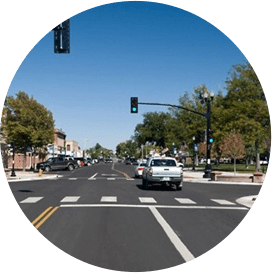
City & County Of Denver, Co
Lorem ipsum dolor sit amet, consectetur adipiscing elit. Ut elit tellus, luctus nec ullamcorper Ut elit tellus, luctus nec ullamcorper
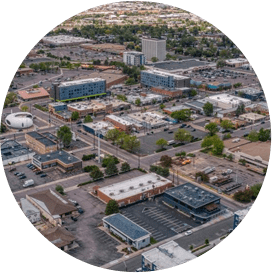
City & County Of Denver, Co
Lorem ipsum dolor sit amet, consectetur adipiscing elit. Ut elit tellus, luctus nec ullamcorper Ut elit tellus, luctus nec ullamcorper

City & County Of Denver, Co
Lorem ipsum dolor sit amet, consectetur adipiscing elit. Ut elit tellus, luctus nec ullamcorper Ut elit tellus, luctus nec ullamcorper

City & County Of Denver, Co
Lorem ipsum dolor sit amet, consectetur adipiscing elit. Ut elit tellus, luctus nec ullamcorper Ut elit tellus, luctus nec ullamcorper
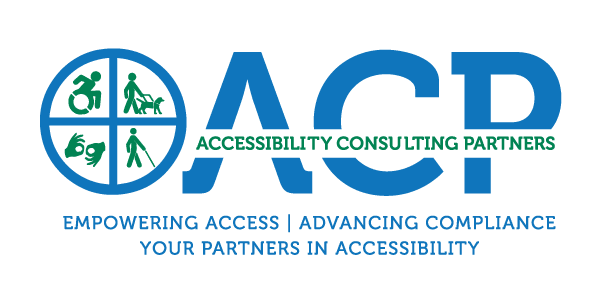


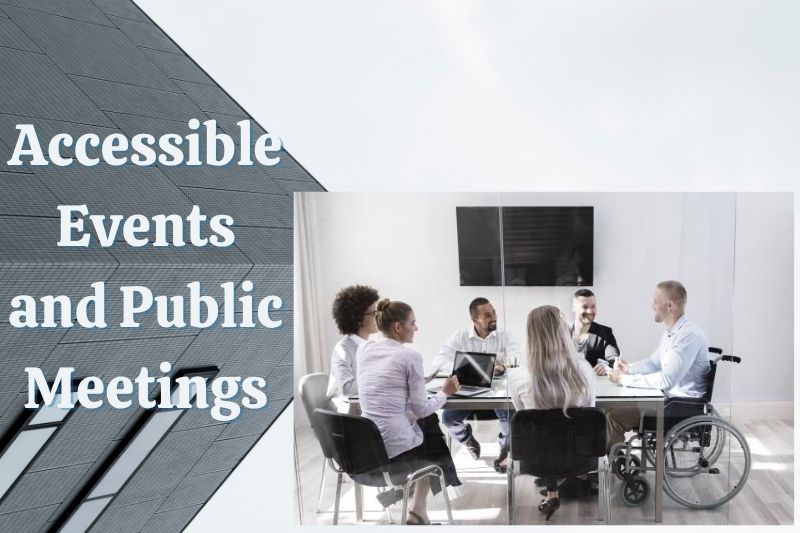
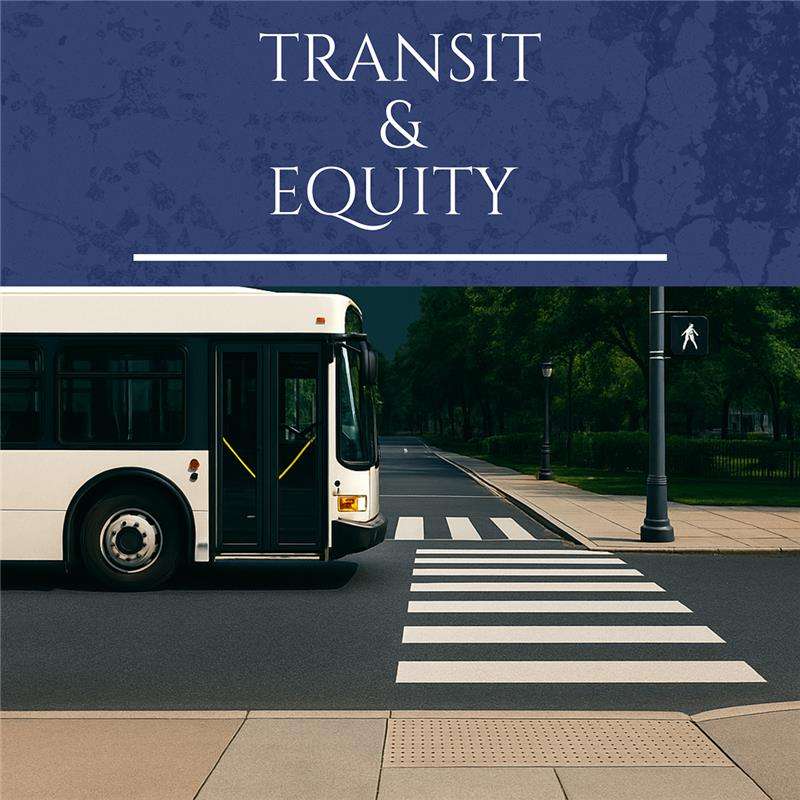
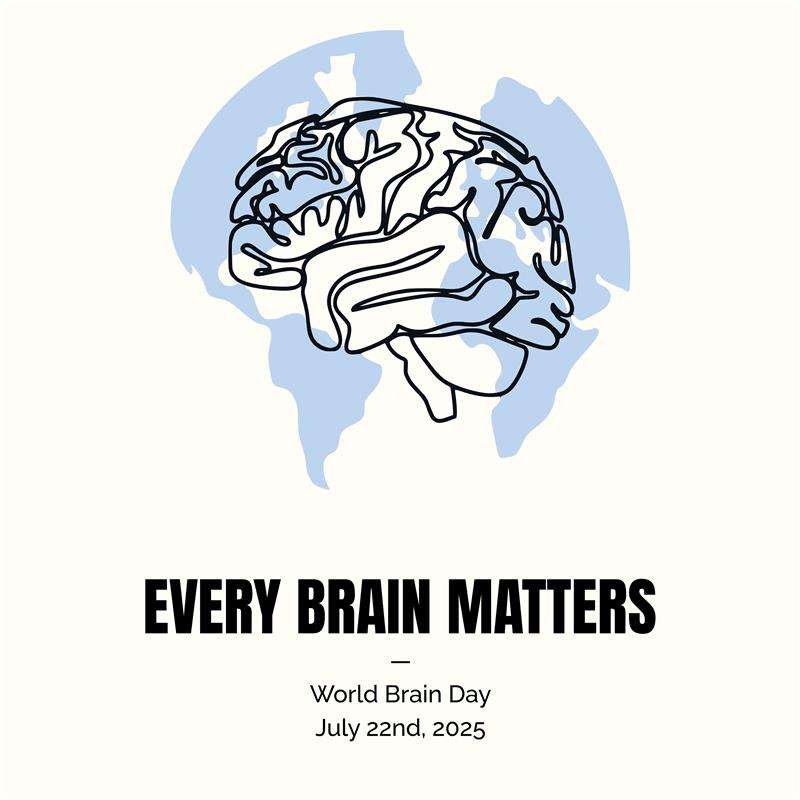






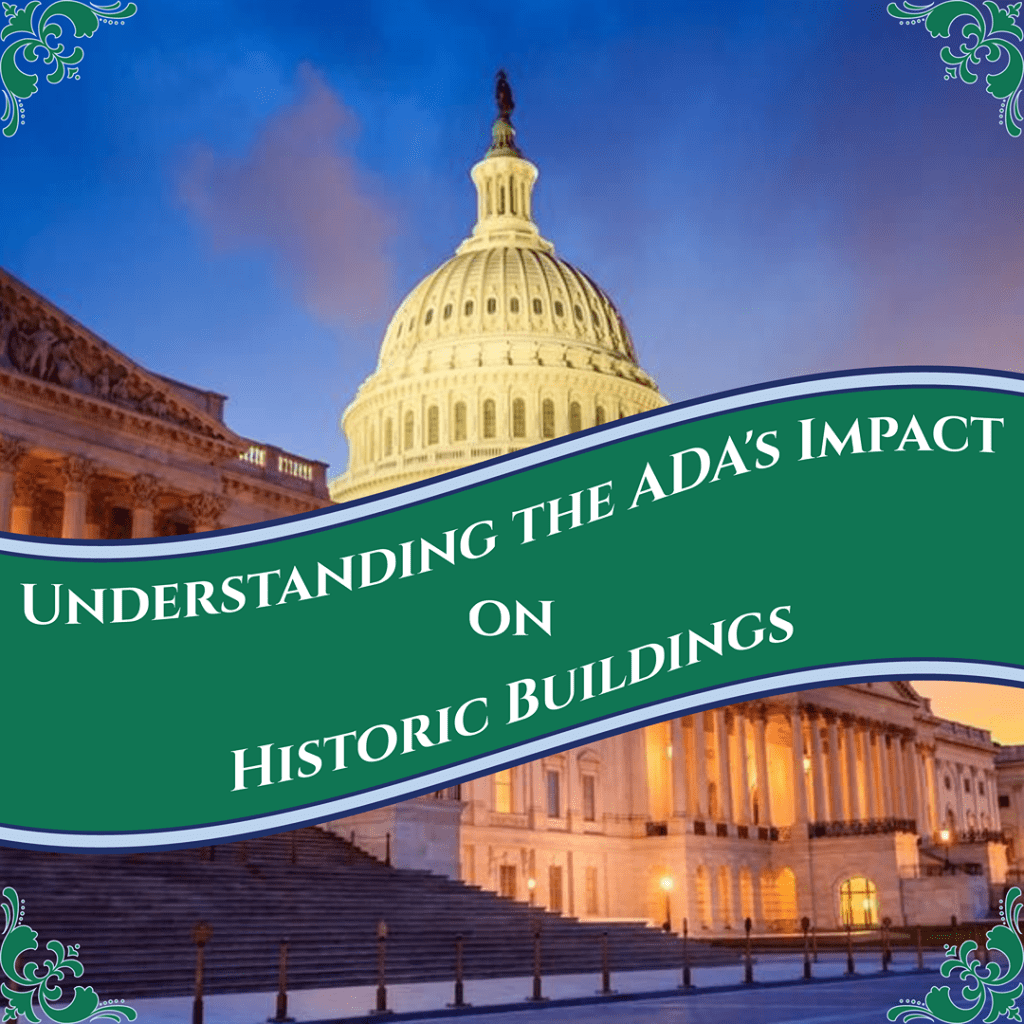
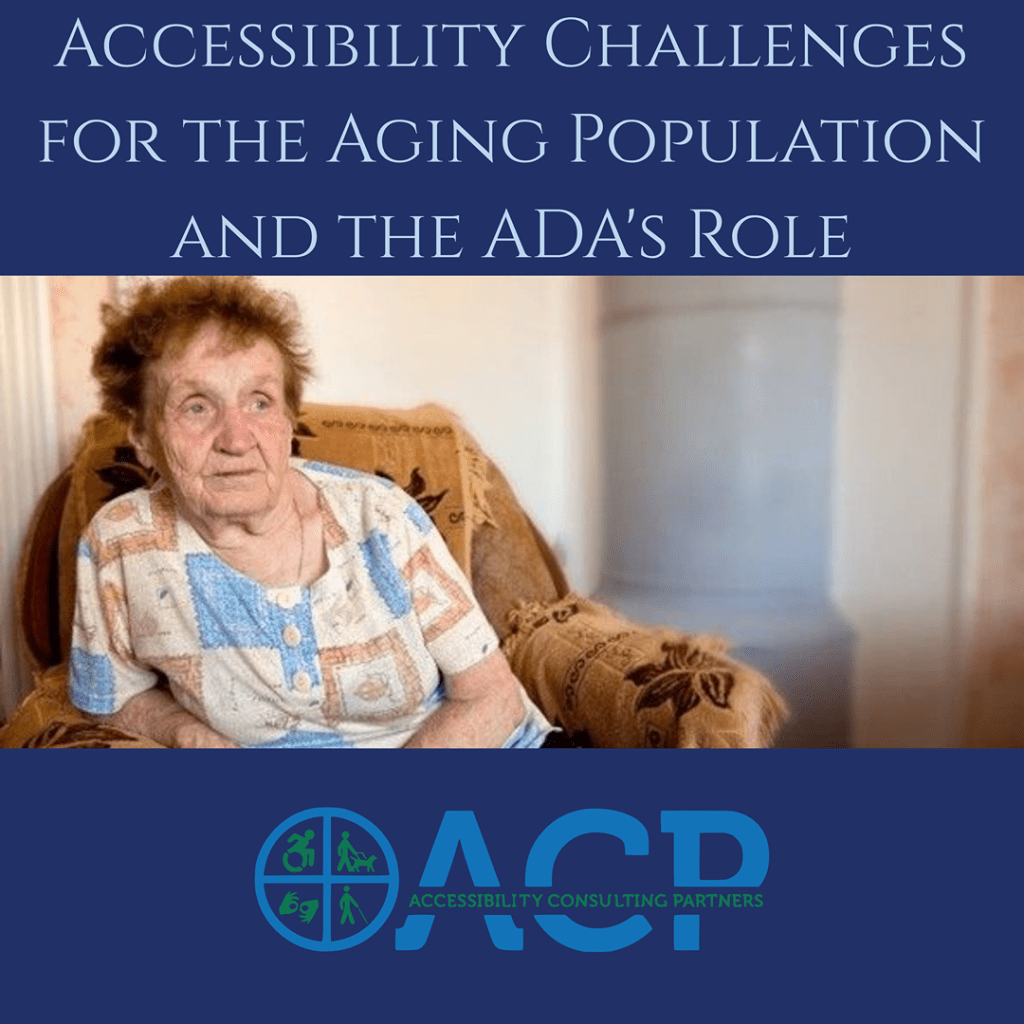
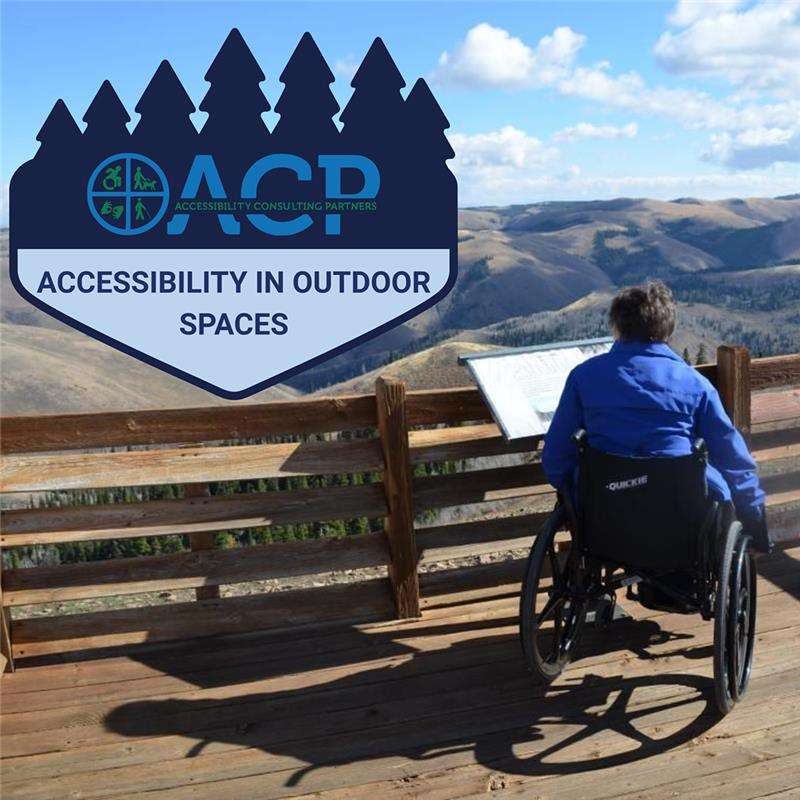
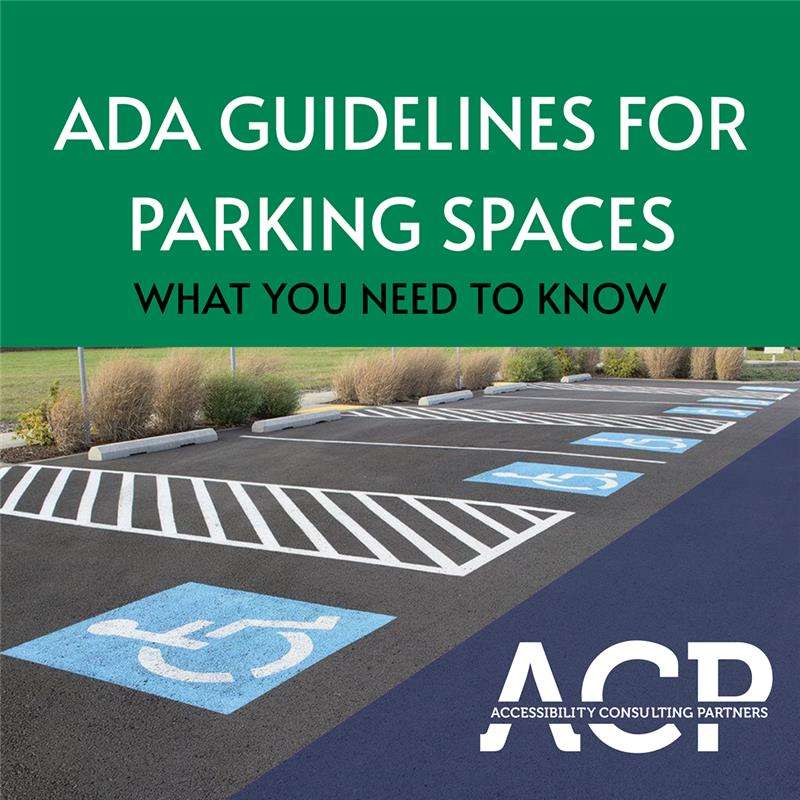
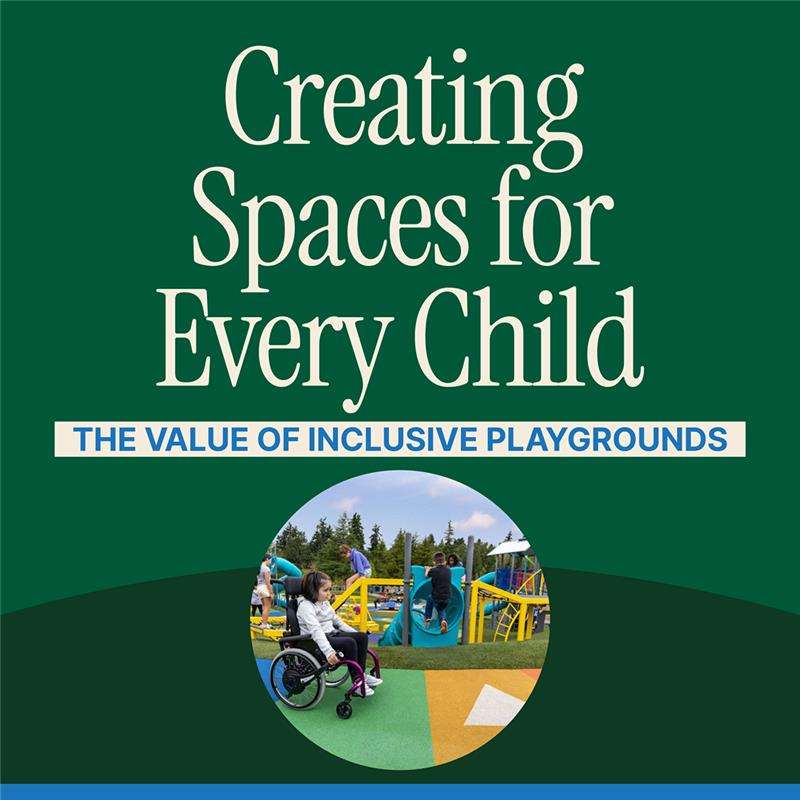
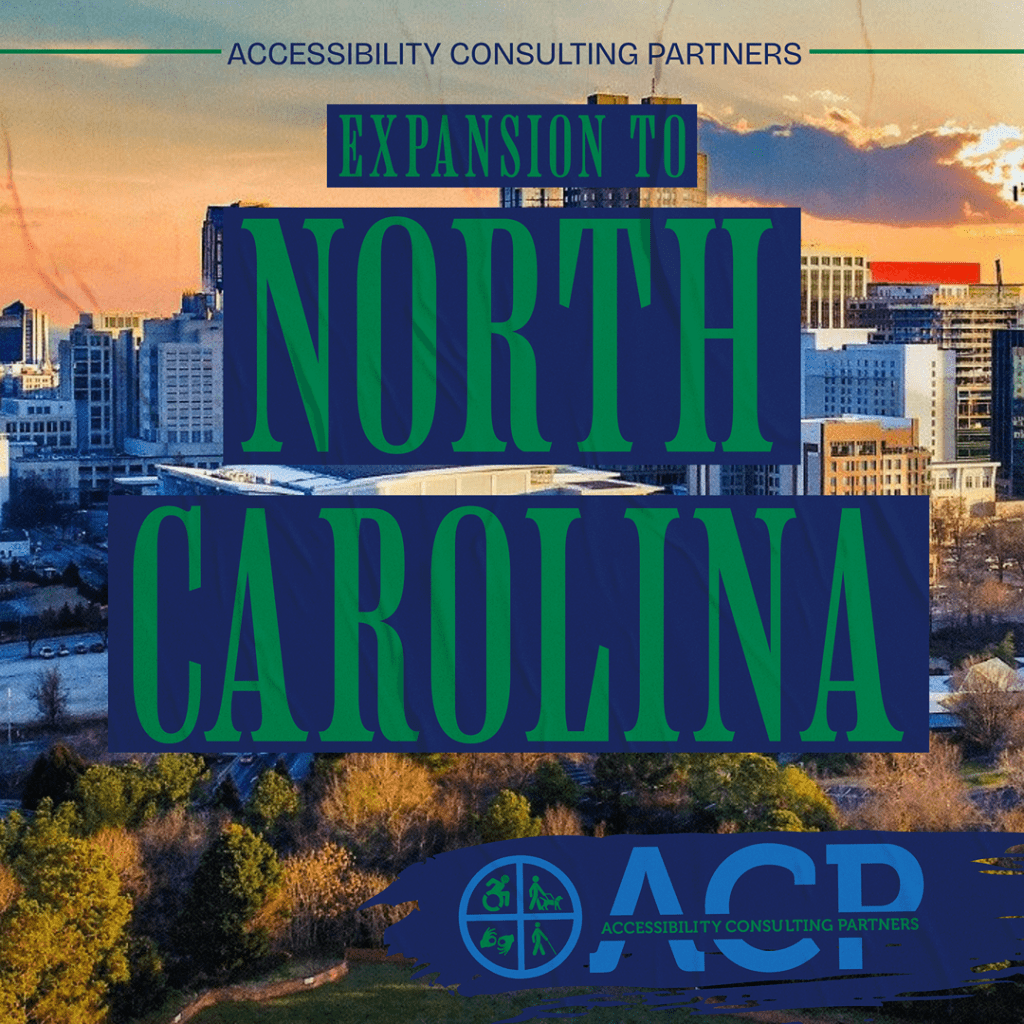
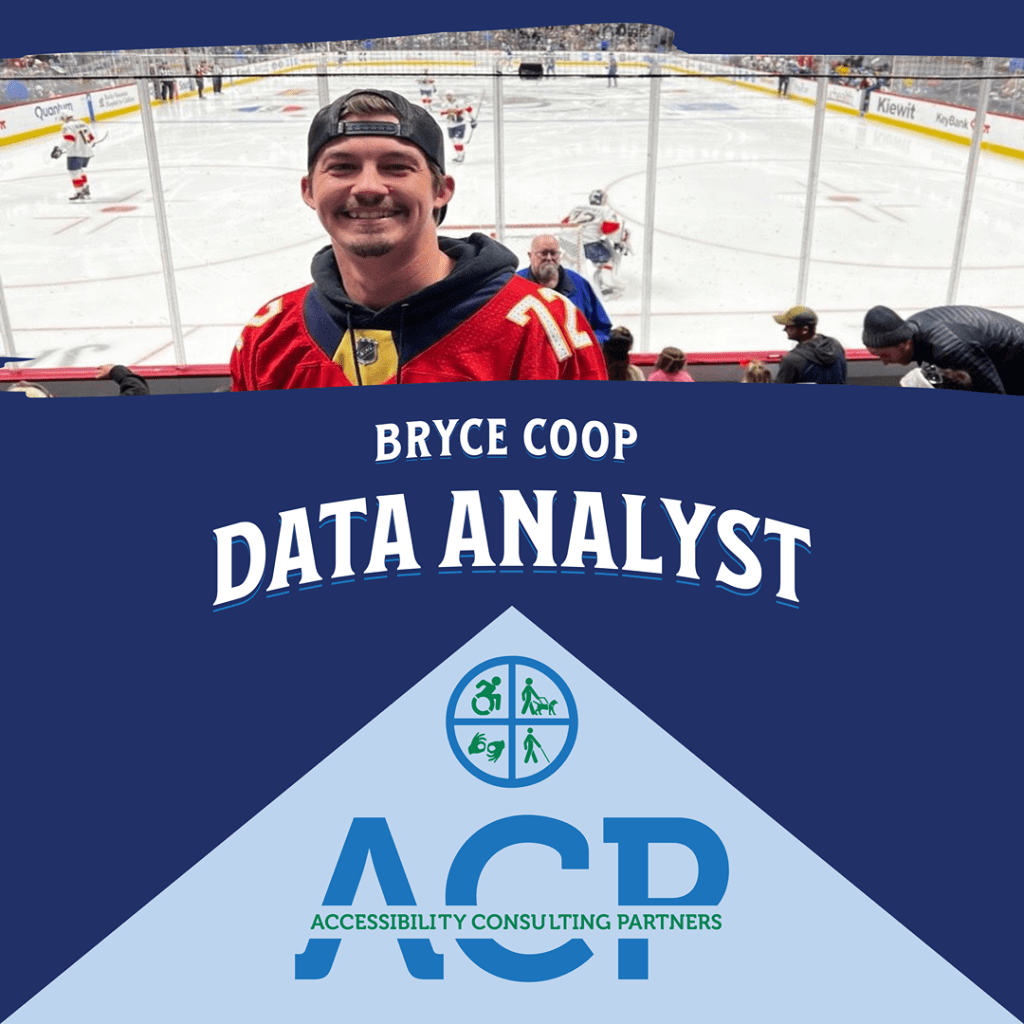
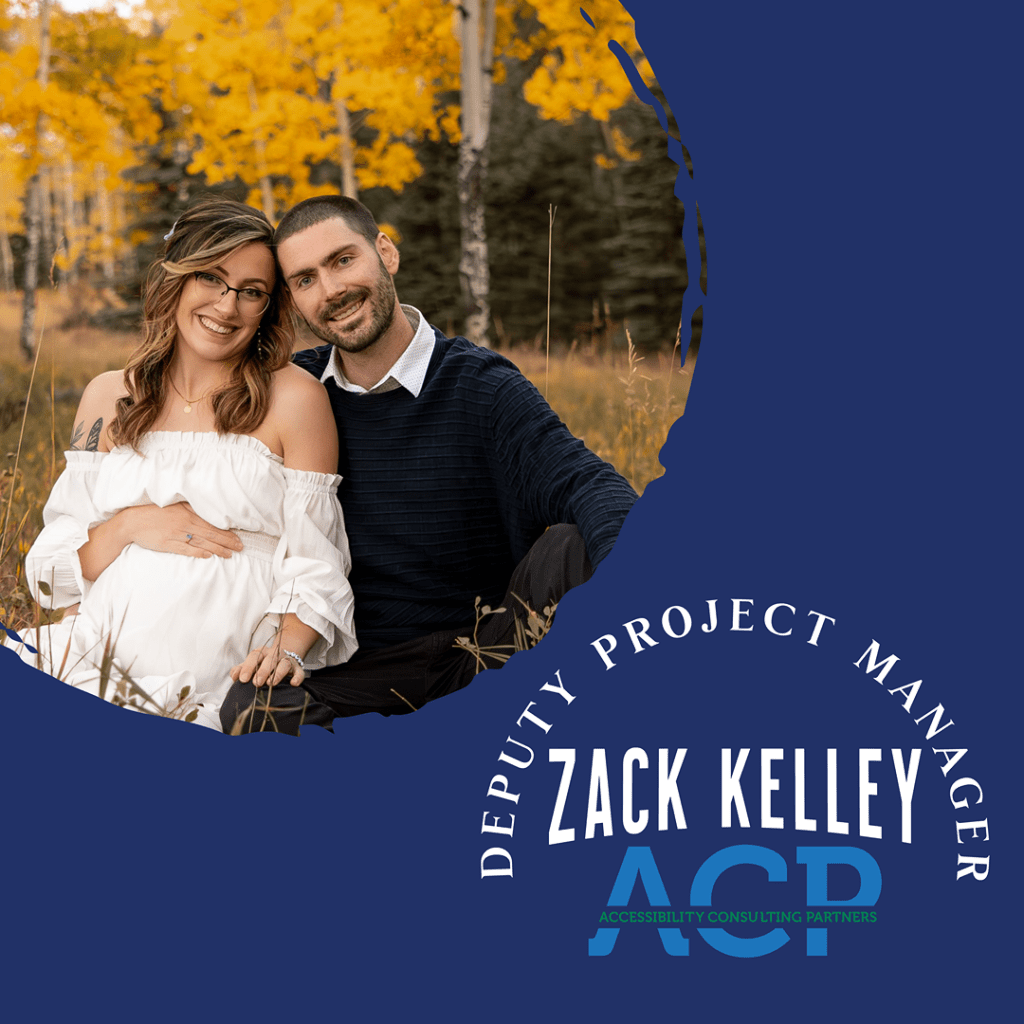
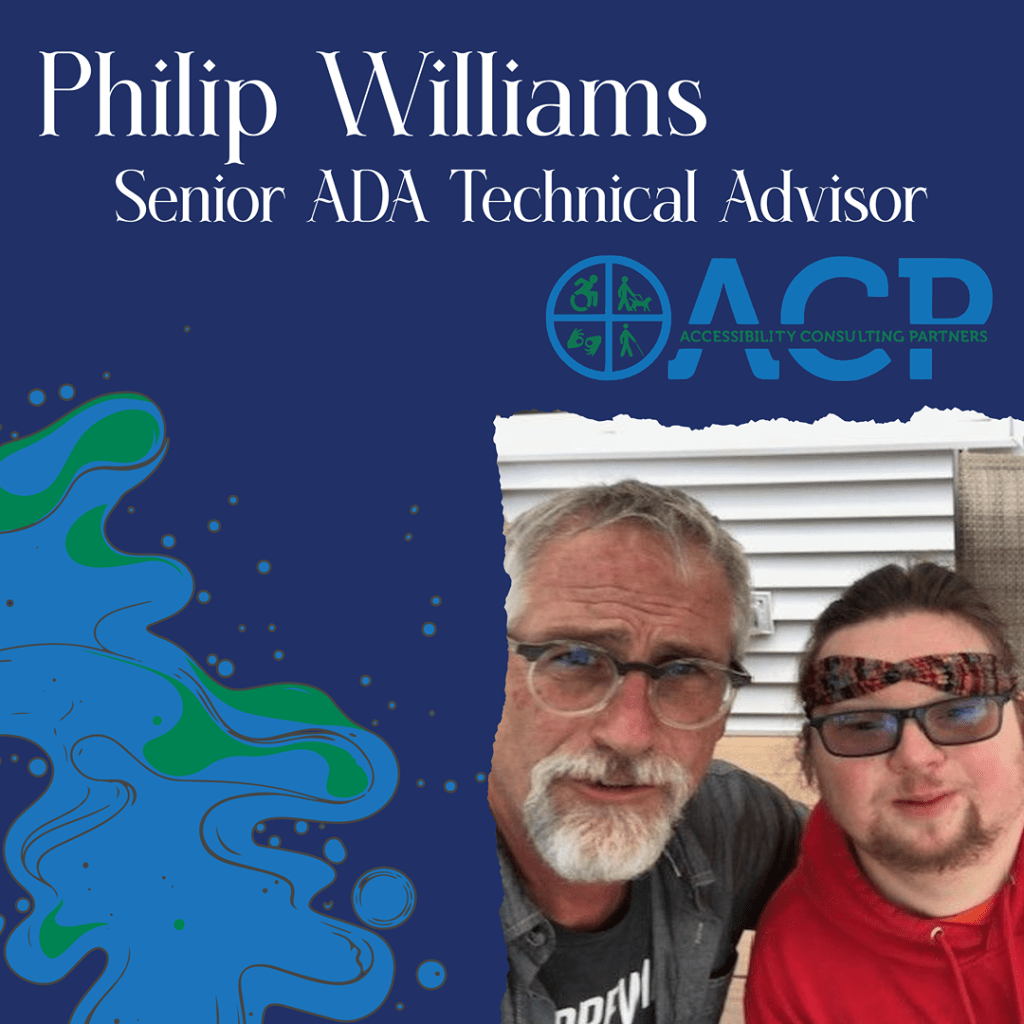
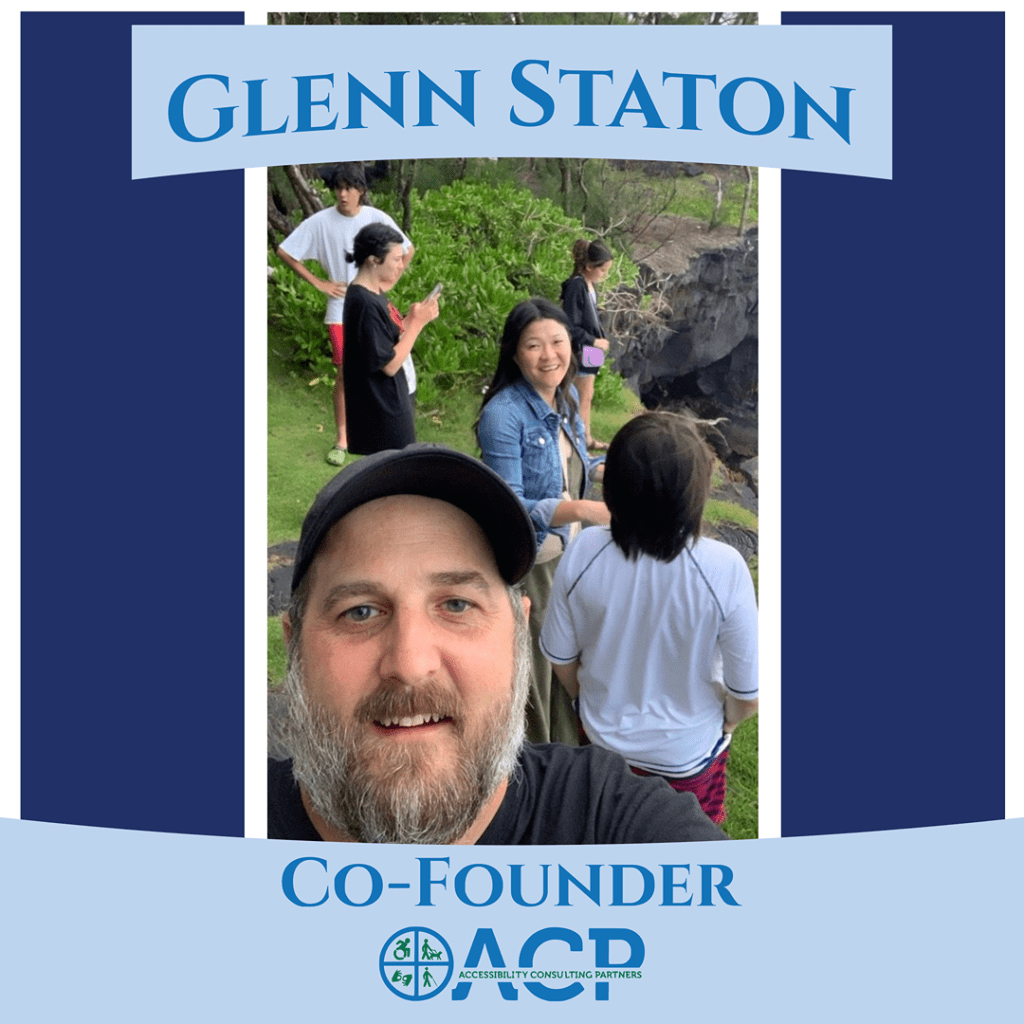
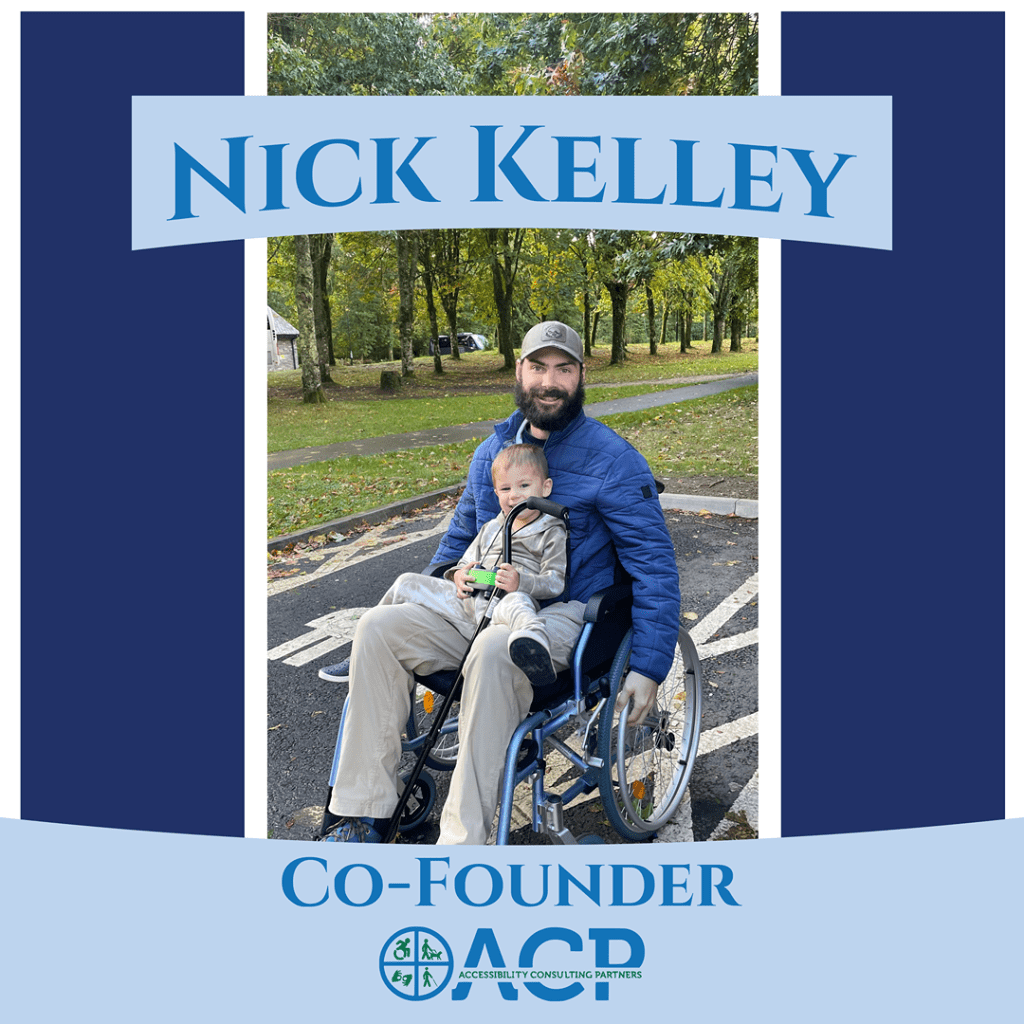
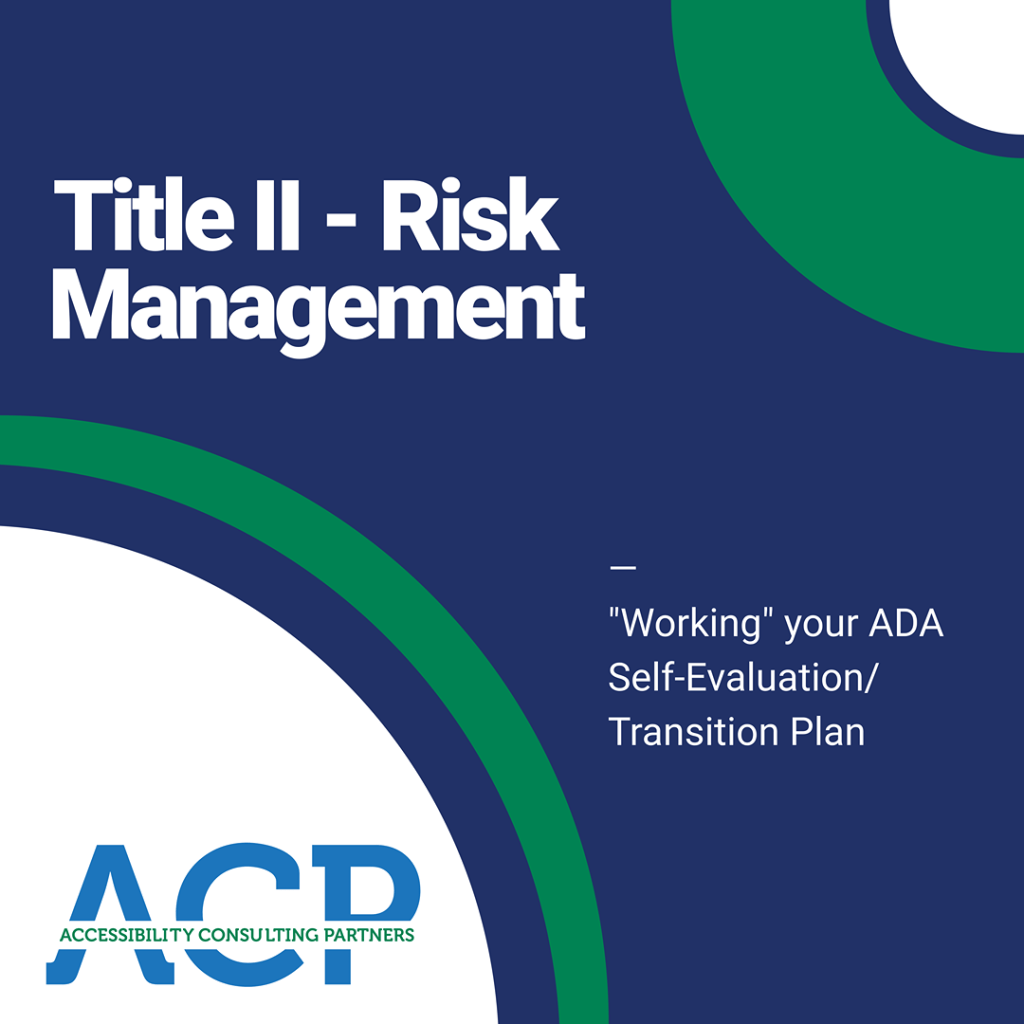
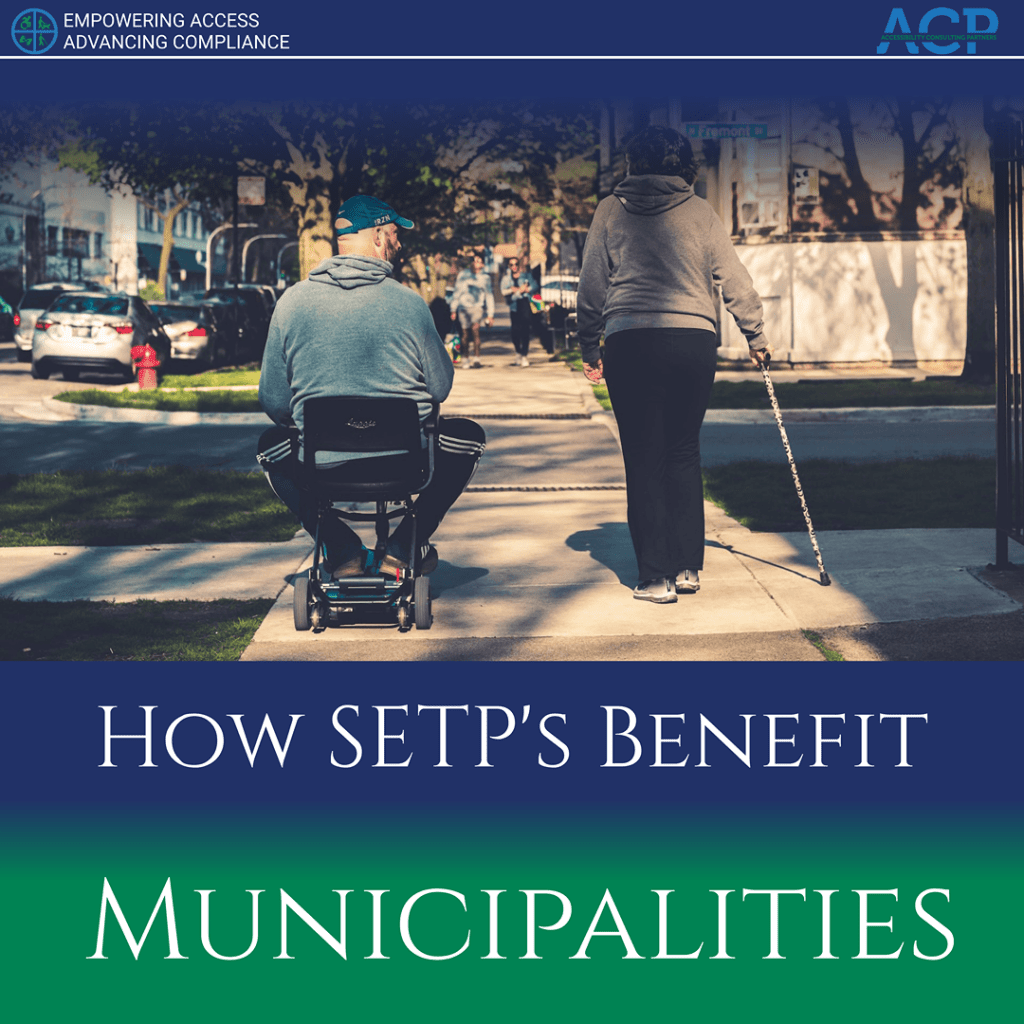
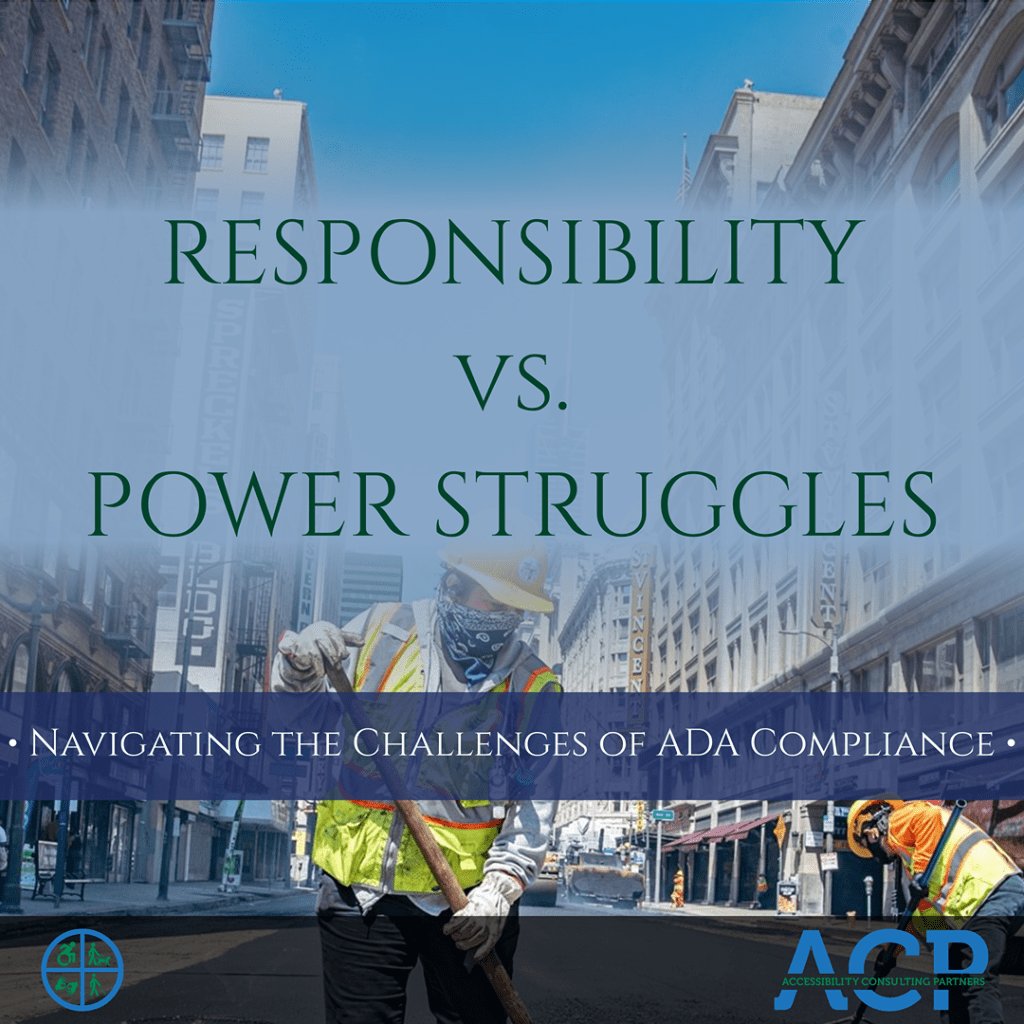
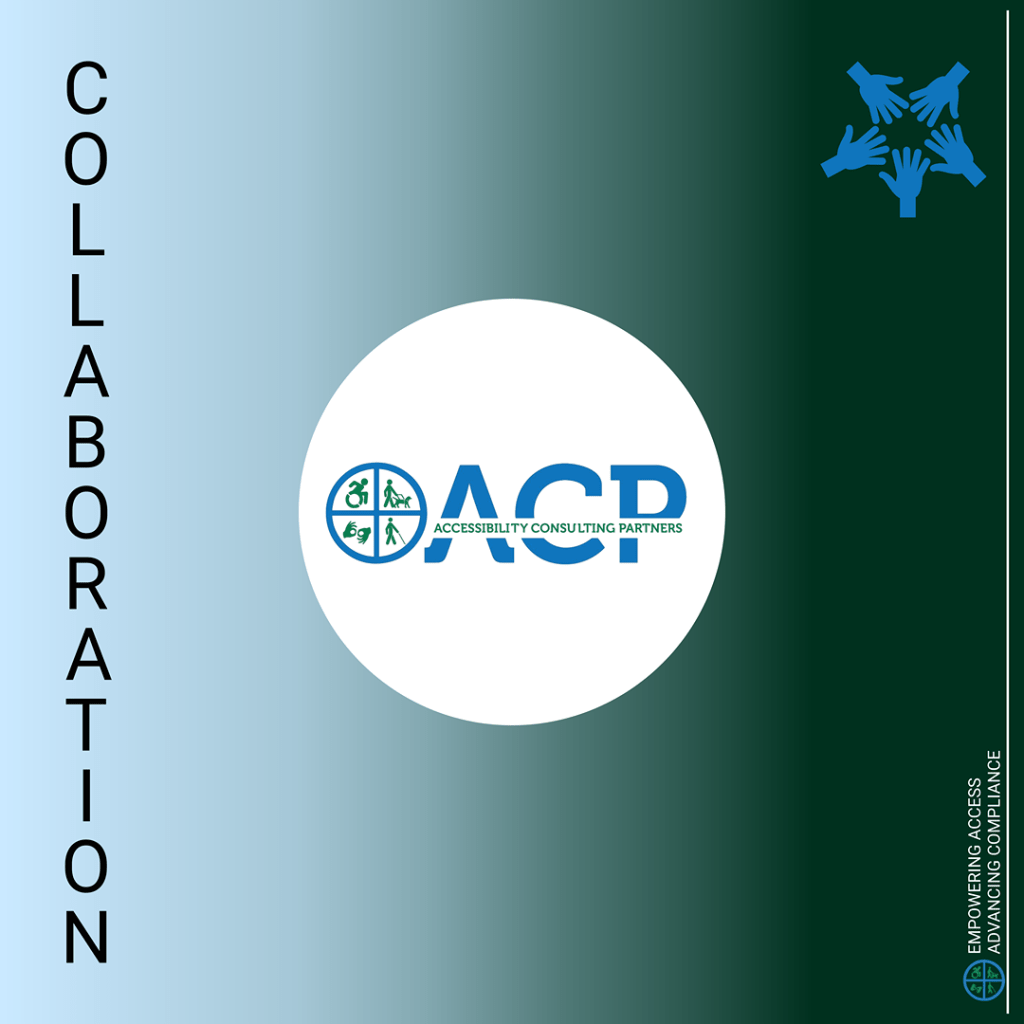
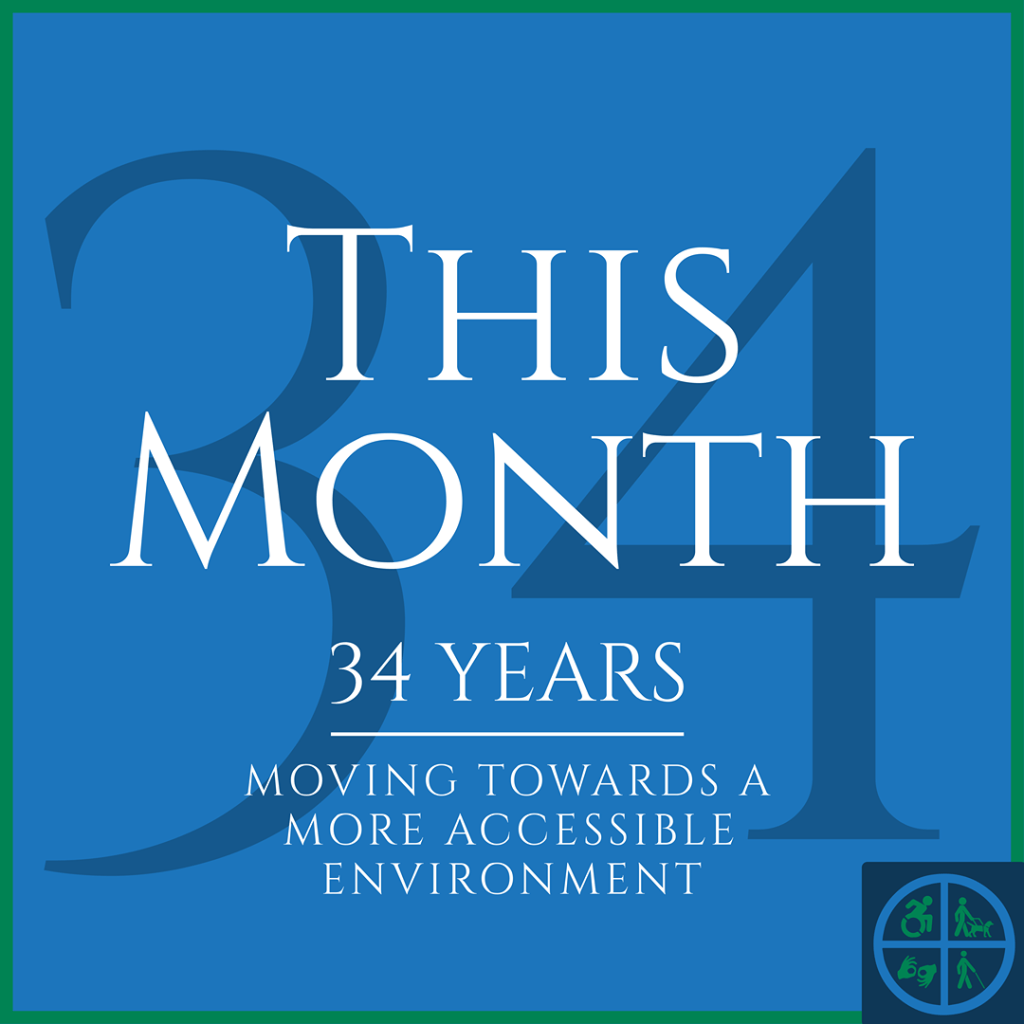
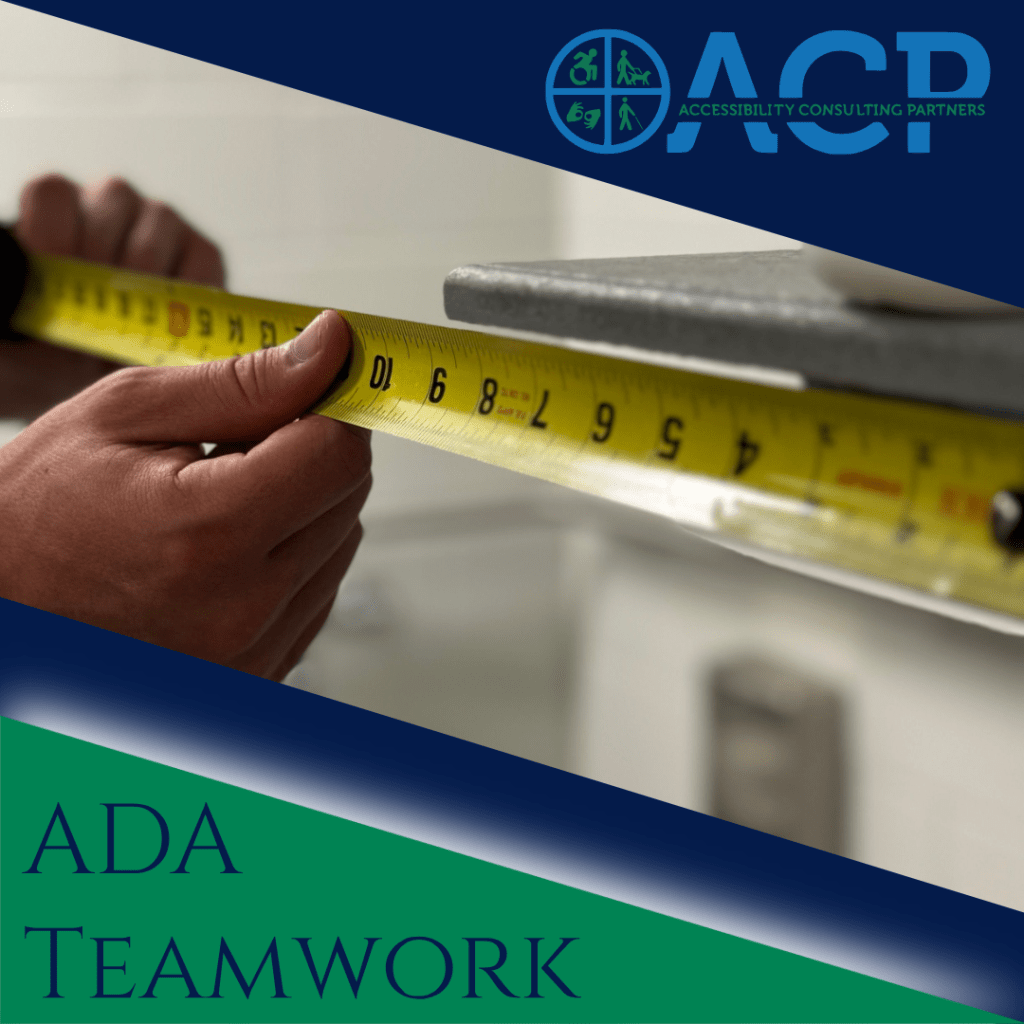
![3 Essential ADA Scoping Issues:[Do not overlook]](https://acpaccessibility.com/wp-content/uploads/2024/07/ACP-Template-Scoping-1-1024x1024.png)

